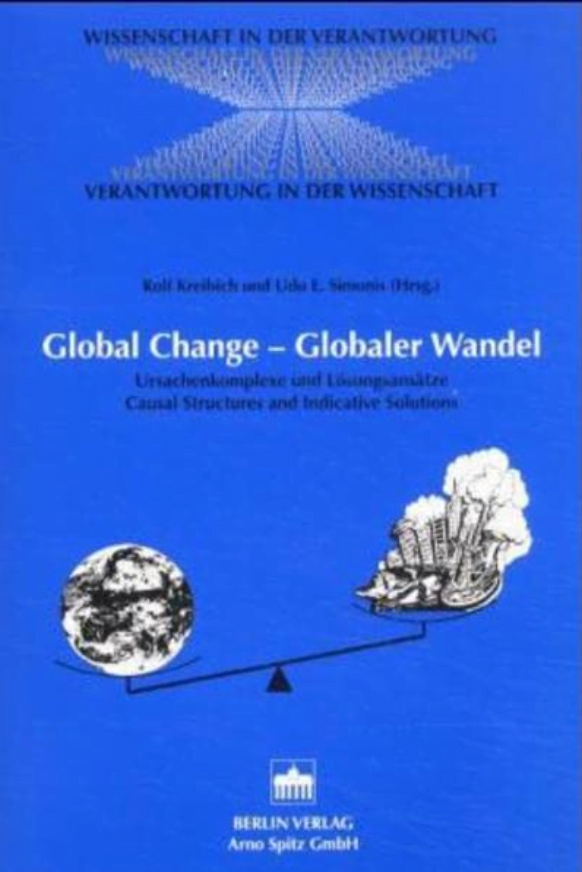Global change
Abstract
There is no doubt that the globalisation of the economy, environmental problems and social inequality is particularly linked to modern knowledge production and its technical, economic and political exploitation. The effects of global change are the great challenges of the 21st century - we are moving ever closer to the global limits of the biosphere, and for most people orientation and future security in the thicket of complicated causal complexes of worldwide developments is becoming increasingly difficult. This book endeavours to make a contribution to information and action orientation through the work of scientists with specialist expertise. The focus is on analyses of the driving forces of global change, population dynamics, the globalisation of the economy and communication and their effects in the form of accelerated climate change, the increasing loss of animal and plant species, soil degradation, water scarcity and the growing disparities between the First and Third Worlds. However, the book also offers solutions and strategies for sustainable development. The concept of sustainable development adopted by the international community as part of AGENDA 21 plays a key role here. The involvement of most of the authors in international networks and their wide-ranging experience in various areas of practice make the book important not only for science, but also for politics, business and civil society, and emphasise its particular value for future action orientation.

Source information
Title
Global change
Causal structures and indicative solutions = Global change
Science in responsibility
Year of publication
2000
Publisher
Berliner Wissenschafts-Verlag - Berlin
Document type
Book Compilation